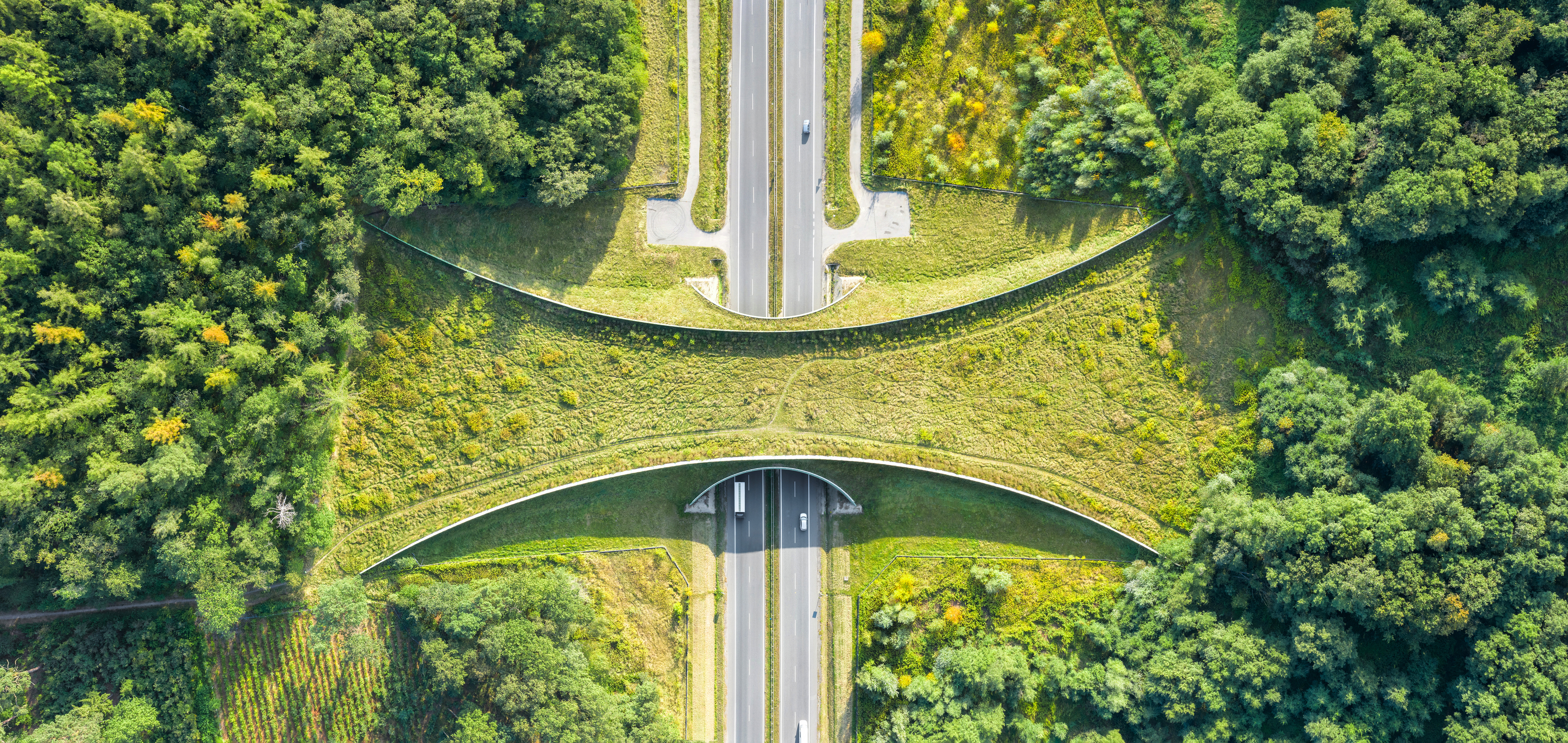
Instructor:
Infrastructure undergirds and organizes our world, from transportation networks and electrical grids to telecommunications and water supply systems. We are connected to one another around the globe through infrastructure, but it is something many people notice only when it stops functioning smoothly. While infrastructures are a vital and necessary public good that can be used to create justice, they are often built unevenly, in ways that materially produce or reaffirm racial, ethnic, and class inequities, as well as environmental harm. The proposition of this class is that aesthetic engagements with infrastructure lead us to ask questions about the role of infrastructure in society that we may not otherwise notice. How can we make and/or interact with art that allows us to see infrastructure differently, in ways that inform both our academic pursuits across disciplines and our everyday lives?
We will therefore interact with a variety of aesthetic forms, from fiction and documentaries to performance art and visual and digital media. We will collectively formulate and ask questions such as these: How can narrative forms shed light on the spatial, temporal, racial, and class politics of infrastructure? How do performance artists and activists ask their audiences to interact with infrastructures that they ignore in their daily lives? How do infrastructures materialize and inform our relationships to nature and the environment? Ultimately, we will turn our focus to the infrastructures of Charlottesville itself, as we begin to explore the infrastructures around us through new ways of seeing.
